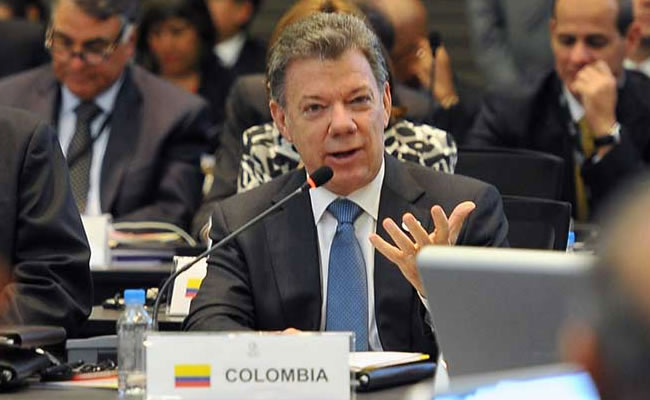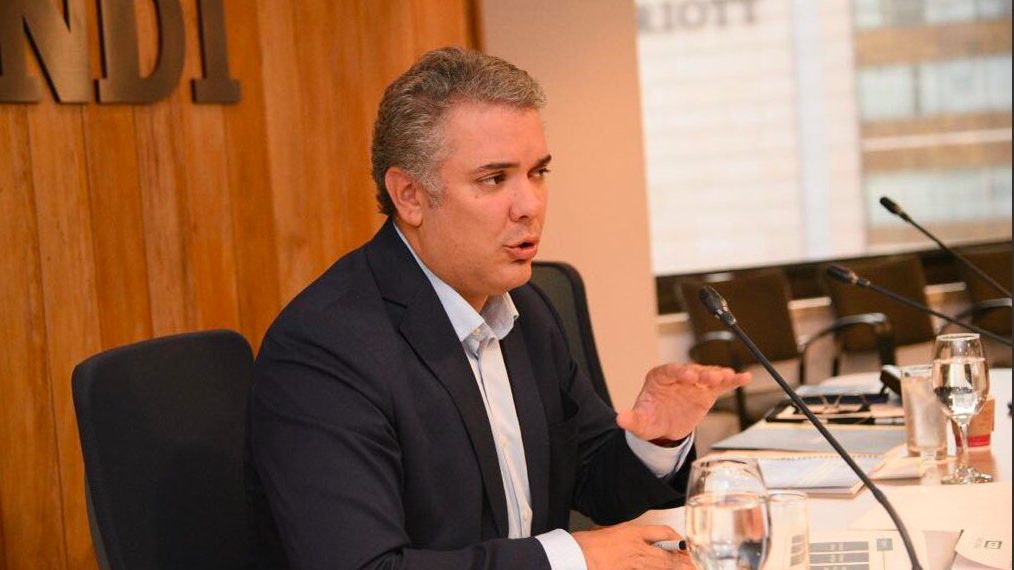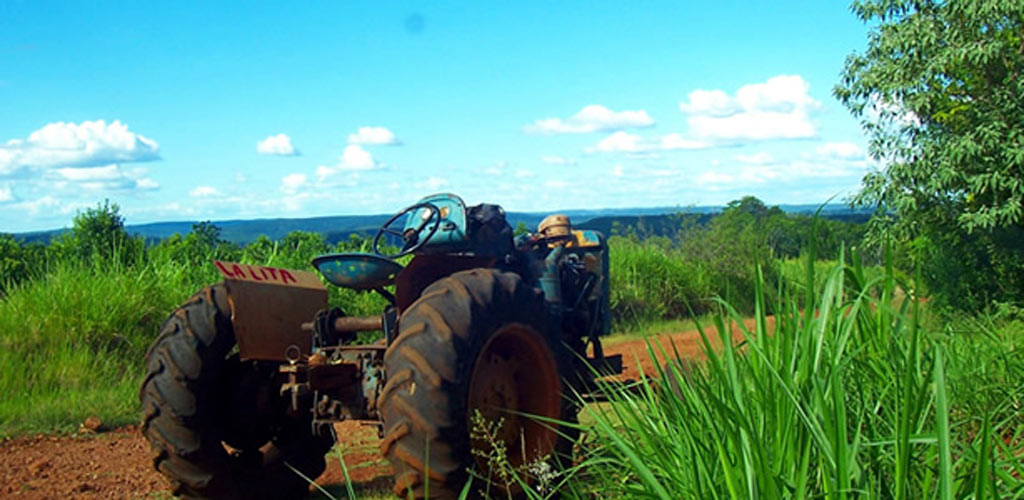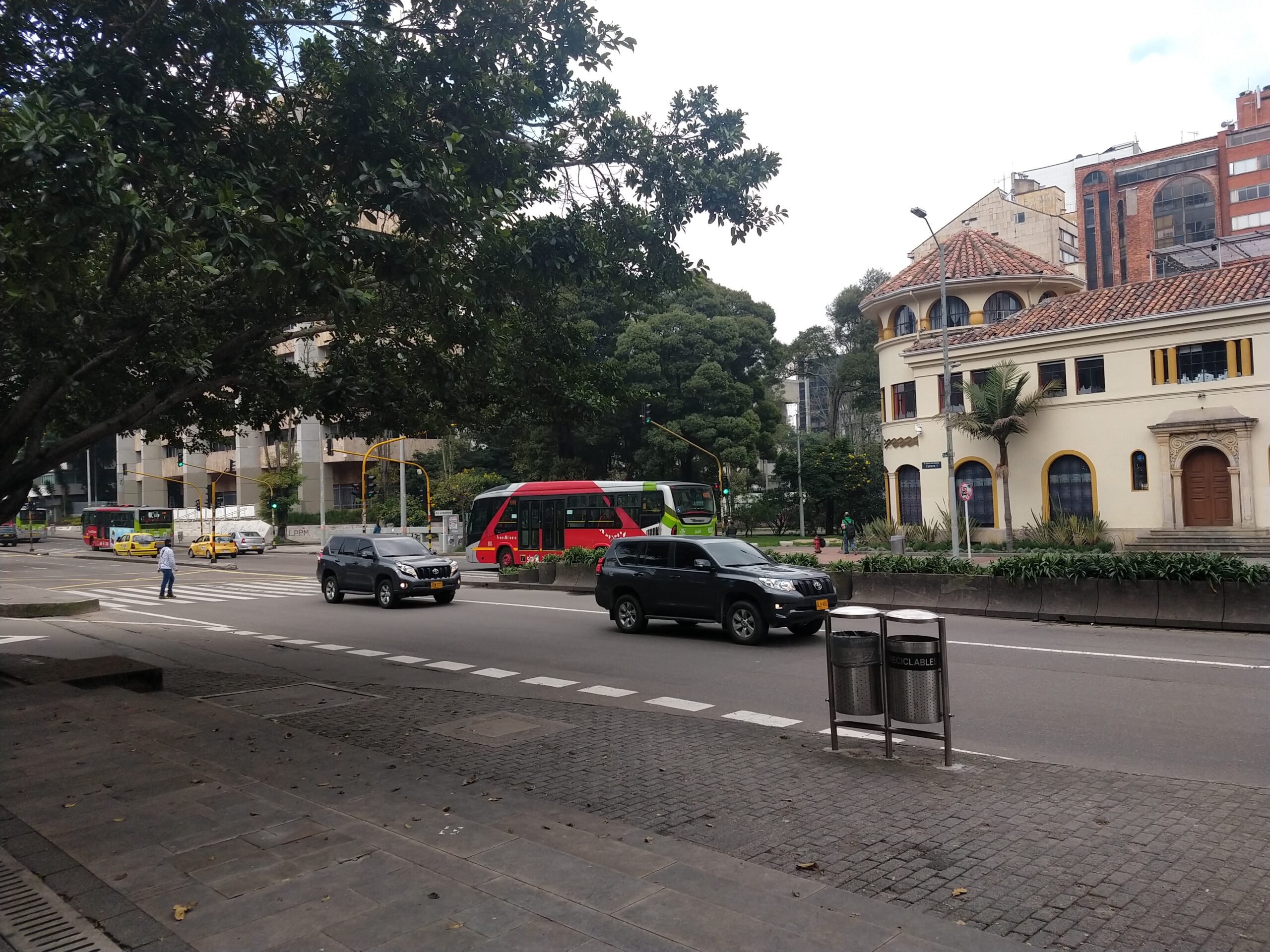COVID-19 has taken its toll on the city we know and love. But will the ‘New Reality’ bring enough change for Bogotá’s businesses?
The first week of Bogotá’s “New Reality” has seen more people on the streets and a semblance of normality return to the capital. We speak to some of the city’s business leaders and entrepreneurs about the impact of the lockdown and their hopes for this new phase.
It’s fair to say that Colombia’s coronavirus shutdown has been devastating for its economy. Unemployment reached 20.2% in July. The national federation of traders, Fenalco told El Espectador that 31% of traders have closed and a quarter of traders reported that sales had dropped between 80% and 100%
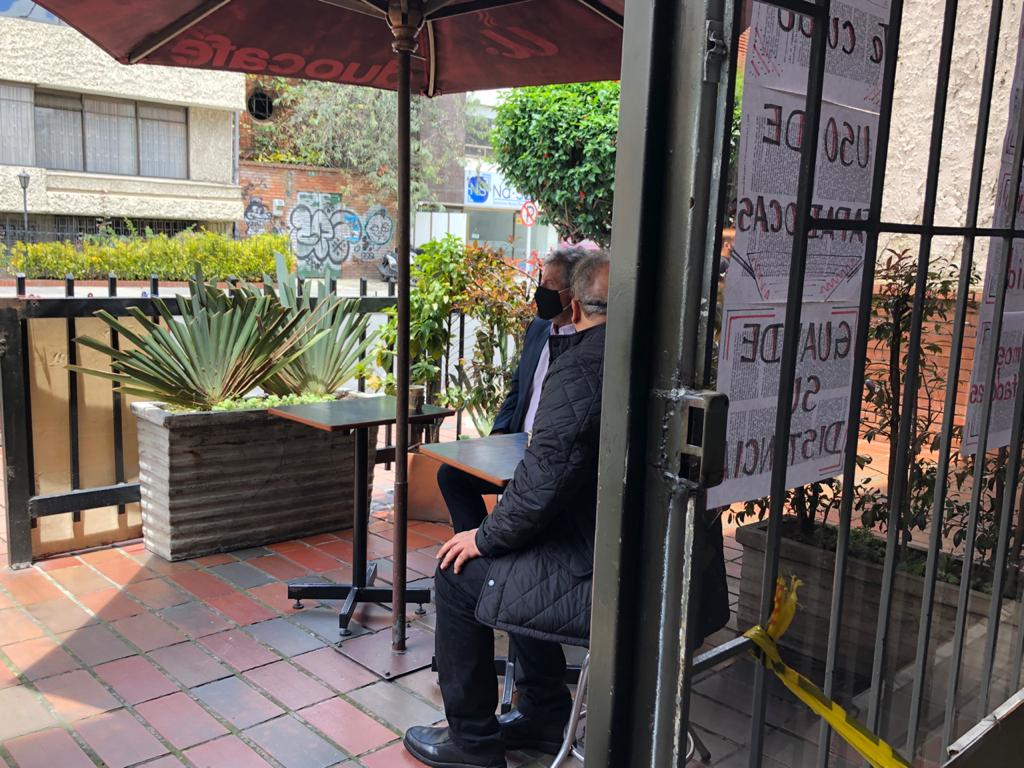
We spoke to several entrepreneurs and small business owners who shared some of the difficulties they have faced, and also voiced optimism. Their resilience and versatility shone through in all the interviews. Many had more than one string to their bow and so been able to temporarily refocus during the lockdown.
For example, Alejandro Ospina Marulanda, co-founder and CEO of Café Banna said that they have shut down the tourism side of their business completely and focused instead on online coffee sales. Café Banna promotes direct and fair trade with Colombian coffee farmers and during lockdown. They have increased the number of coffee lines on their site and launched a new brand of cocoa. “We’ve grown our sales online by 3,000% – which is great,” he said.
Curry Masala’s Xiomara Sánchez and Nadeem Javaid told us that they’d been able to keep their Parkway curry house in operation in part thanks to their other company which imports products from the Middle East. That and their savings allowed them to continue to pay rent, utilities, and staff.
And Smoking Molly co-founder Santiago Zuluaga said their three brands — live music venue cum restaurant and bar Smoking Molly, local burger chain Smoking Burgers, and sandwich bar Brooklyn Deli — had all been affected in different ways. Though he added, “It’s no secret that the COVID-19 situation has taken its toll on the whole restaurant and hotel and entertainment industry.”
He told us that brands like Smoking Burgers which already had an established delivery service had been badly affected, but not as much as fine dining establishments, some of which have seen 90% drops in revenue. Still, he said, “Smoking Burgers has had a 60% reduction in revenue since April. So it was a real big hit.”
Paola Andrea Osma, CEO and founder of BeautyDreams who specialise in eyelash extensions and semi-permanent eyebrows, echoed this sentiment. “In reality, having more than four months without income will affect any company, no matter how small it is. Economically, we have been very affected. But we have survived.”
Bogotá businesses take opportunity to grow online and launch new initiatives
Several businesses spoke of online successes during the lockdown. Valentina Quintero M., General Manager, Leloko, a petshop focused on cat products, said that 90% of their sales had migrated to digital media. “This allowed us to question ourselves and see how to move the experience that we previously had in the physical store on to our digital channels.”
Ospina said Café Banna is looking at ways to function in a new normal where people stay at home more. That includes a pop up shop in Chapinero or Quinta Camacho where people can see products and then buy them online. “We’re also taking a course in how to sell online,” he said. “MercadoLibre is supporting a lot of businesses that have a social or environmental impact to sell more to their platform.”
Online options are limited for businesses that rely on in-person contact. For example, Zuluaga said their music venue Smoking Molly had been closed indefinitely. “We tried to operate virtually in March and April and it didn’t work out. So we have had to close down since May. It’s been really hard.”
He is concerned about how the new phase of restaurant opening will work, but true to form Smoking Molly will try to inject some live music into the New Reality. Before the pandemic, the band might not get on stage until 11 pm, but now they’ll need to perform and be closed by 11 pm. “We have to modify that so it fits the current situation and it’s going to be a bit tricky,” he said. “The type of events we’re going to be booking have to be a bit more calm, more jazz, blues – just one or two musicians on stage.”
Speaking of trying new things, Quintero has used the lockdown to launch a new brand called Babagú which specialises in dogs. “With this, I hope to have a greater share of the pet market since we were 100% focused on cats,” she said. “Now our customers can buy products for dogs and cats on our website.”
Resilience, optimism and concern for city’s New Reality
In spite of the difficulties, many of these business owners are positive about entering a new phase and say they have put biosecurity protocols in place to encourage customers to return.
Quintero says the new reality will involve constant change. “The road has not been easy, but the pandemic has shown us that the challenges are achievable and that every day we must adapt to the circumstances.”
Sánchez and Javaid are hopeful they can serve curry on their terrace. “Thanks to our clients who have not abandoned us, we’ve been able to survive this test.”
“With respect to the coming months, we are always optimists,” said BeautyDreams’ Osma. “All of this is motivation to be stronger every day and to be better and to make a difference.”
Zuluaga is more cautious. “I think it’s good news, but it’s not like from September onwards everything is going to be great and restaurants and venues and bars are going to be able to sell again and things are going to be just fine and we’re going to be back again and nothing happened,” he said.
While Ospina is looking forward to being able to visit the farmers and coffee producers again, which he says is central to their work. “I am optimistic,” he said. “We’re trying to do our best.”
Additional reporting by Artemis Maria Papoutsakis

